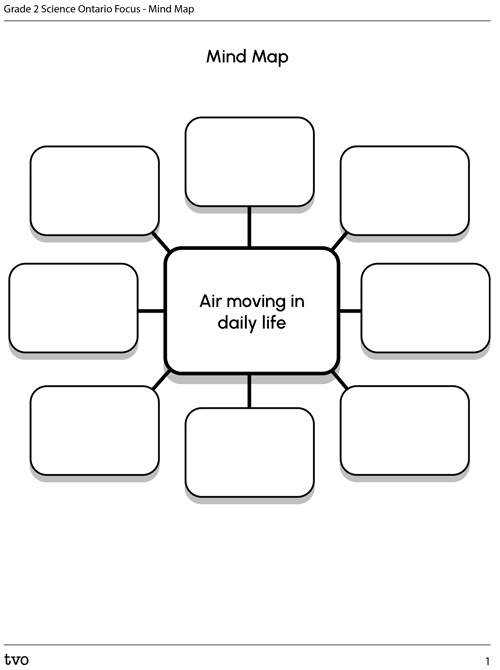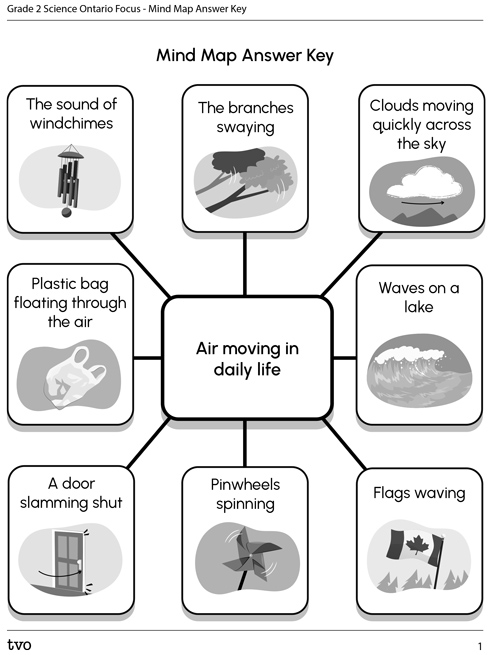Minds On
What’s the difference?
Examine the following animation of dandelions.
How do the dandelions change? What do you think has happened to the dandelions? Explain your thinking.
Record your ideas digitally, orally, or on paper.
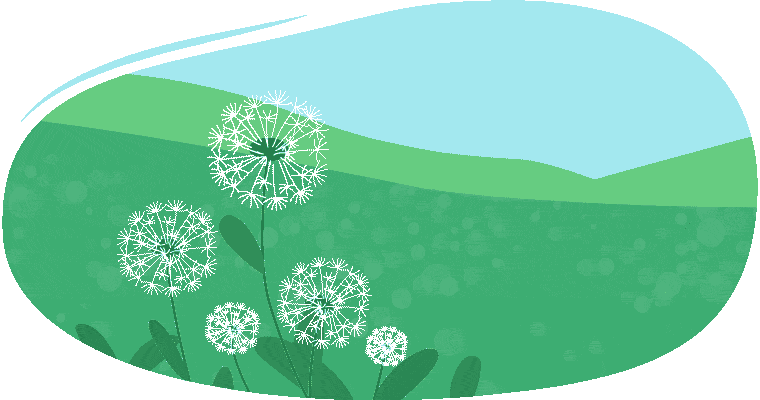
Action
Air in motion

Even though the air is invisible, it has different properties.
In science, a property means a way that you can use to describe something by observing it and/or measuring it.
It can be tricky to describe something that is invisible. Learning about the properties of air helps us describe it.
For example, a property of air is that it can move! The movement of air is called wind.
We can experience how air moves by exploring the way it moves different things.
Let’s revisit the dandelion animation from the Minds On section.

How do the dandelions change?
Press ‘Answer’ to learn more!
The animation shows the dandelion seeds moving because of air!
The seeds are moving because of the wind.
The wind is moving air, and the wind can push objects by moving them.
A fast wind can even knock something over!
What other things can the wind move?
It can make flags move.
It can make kites move.
It can make clouds move!
Did You Know?
Did you know?
The wind can be strong enough to carry sailing ships across the ocean. It can even knock huge trees from the ground.
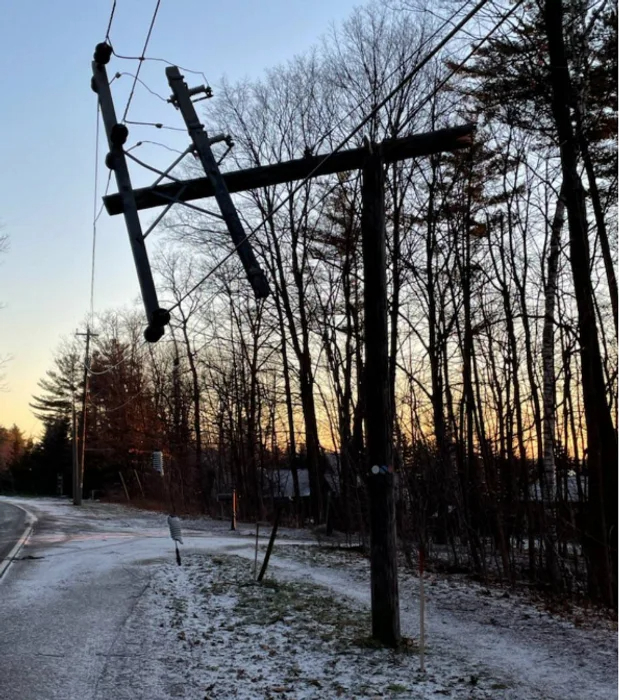
Air moving in daily life
Brainstorm examples of things that air moves in daily life.
As you create your list, keep in mind that:
- air moves
- air can move things
Record your ideas digitally, orally, on paper or using the following Mind Map document.
Press ‘Mind Map Answer Key’ to explore some possible answers!
Check out some possible answers!
How do we use moving air?

A teacher saying, "We've explored the ways that air moves in our daily lives. Next, let's think about how we can using moving air to help us do things."
Living things, including humans, depend on air to breathe and stay alive. Air also helps people do many other things!
Ontario connection
This learning activity highlights people, places, or innovations that relate directly to the province of Ontario. Enjoy the exploration!

Take, for example, these wind turbines in Dufferin County, Ontario.
Wind turbines are one of ways people can use moving air to help them do things.
Wind turbines capture the wind’s power and turn it into electricity!
The moving air turn the propeller-like blades. When the blades turn, they create electricity!
Electricity created by wind turbines can be used to power things in people’s homes and businesses.
Your turn!
You’ve just explored how moving air can used to create electricity.
How else can people use moving air to help them do things?
You may choose an example from your own life or someone else’s life.
Student Tips
Let's use your Mind Map!
Return to your brainstorming map for ideas!
Record your ideas digitally, orally, or on paper.
If possible, use pictures and words to describe your example.
Complete “My Example of Moving Air” in your notebook or using the My Example of Moving Air document.
| My picture: |
| My description: |
Press the ‘Activity’ button to access My Example of Moving Air.
Consolidation
Putting it all together
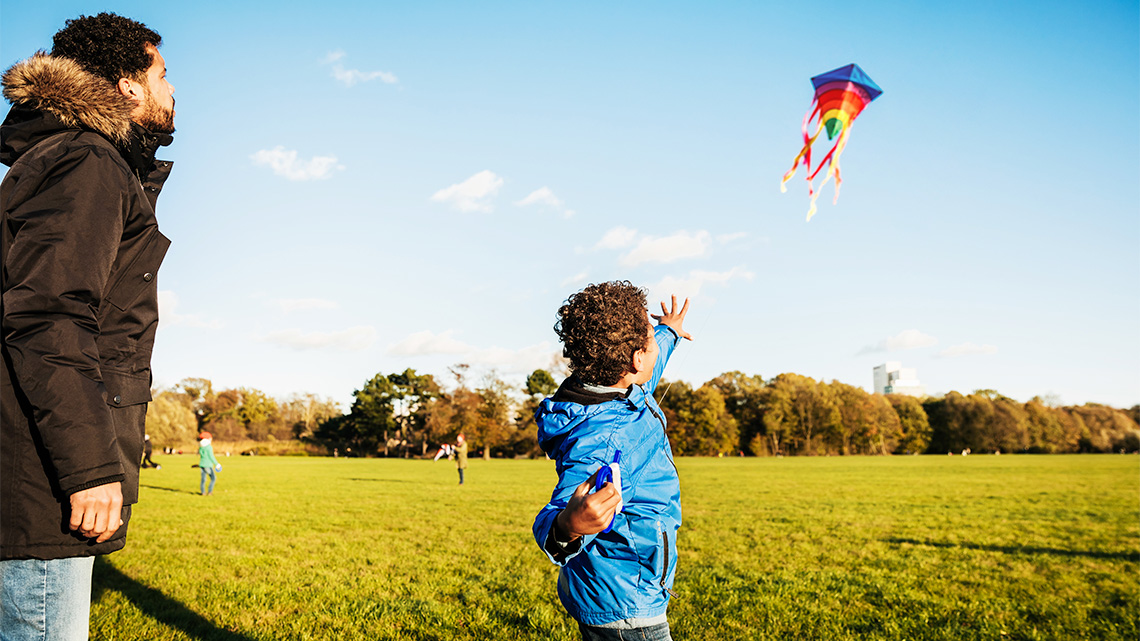
If possible, share your example of moving air with a partner. Be sure to explain if your example of moving air helps someone perform a task.
Pause and reflect
Pause and reflect
Imagine someone asked you the question: “How do we know that air is around us?”
Use your learning to create your explanation. You may go back to the Action section to review the properties of air.
You may record using pictures and/or words. You may also create an audio recording.
Reflection
How do you feel about what you have learned in this activity? Which of the next four sentences best matches how you are feeling about your learning? Press the button that is beside this sentence.
I feel…
Now, record your ideas about your feelings using a voice recorder, speech-to-text, or writing tool.
